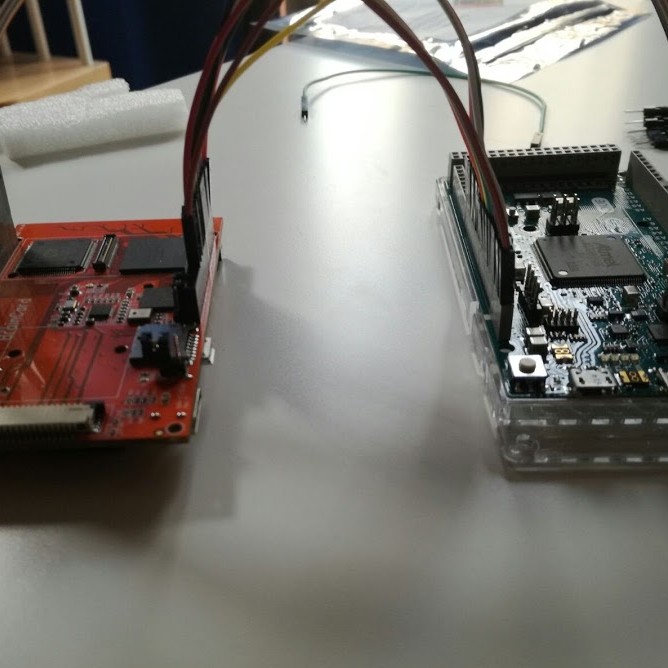 This project focus on the evaluation of the memristive technology applied to a specific pattern recognition problem. In particular, we selected as pattern recognition problem the arrhythmia detection and we compared the memristive technology performance with the currently used one based on classical technology.
This project focus on the evaluation of the memristive technology applied to a specific pattern recognition problem. In particular, we selected as pattern recognition problem the arrhythmia detection and we compared the memristive technology performance with the currently used one based on classical technology.
The memristor is a newly discovered electronic component that can be used for building complex neuromorphic chips for pattern recognition and anomaly detection. Memristor-based neural networks are low power when compared to other kinds of hardware networks. On top of that, they allow for on-the-spot processing of data, without relying on cloud computing. This makes them a perfect tool to be used inside embedded systems and in particular in the context of the Internet of Things. While this technology is unlikely to replace – at least in the near future – clusters of computers dedicated to the recognition task, the limited power consumption of this hardware-only technology makes it an appetible candidate when the context imposes constraints on this regard. The identified solution to the arrhythmia detection problem makes use of this peculiar feature of the memristors.
The project has been aimed at analyzing the feasibility of the application of this technology for neuromorphic purposes, highlighting strengths and weaknesses of such an approach when compared to other existing technologies.
Principal Academic Tutor
Daniele Ielmini, Department of Electronics, Information and Bioengineering, Politecnico di Milano
Academic Tutors
Fernando Corinto, Department of Electronics and Telecommunications, Politecnico di Torino
External institutions
CNR, Istituto per la Microelettronica e Microsistemi, Sede di Agrate Brianza
General Vision Inc, California, USA
External Tutors
Sabina Spiga, CNR, Istituto per la Microelettronica e Microsistemi, Sede di Agrate Brianza
Team Members
Flavio Giobergia, Computer Engineering, Politecnico di Torino
Diletta Milana, Computer Science and Engineering, Politecnico di Milano
Luca Nanni, Computer Science and Engineering, Politecnico di Milano
Gianluca Papa, Automation and Control Engineering, Politecnico di Milano
Antonio Picano, Engineering Physics, Politecnico di Milano
Paolo Ludovico Razzoli, Management Engineering, Politecnico di Milano
